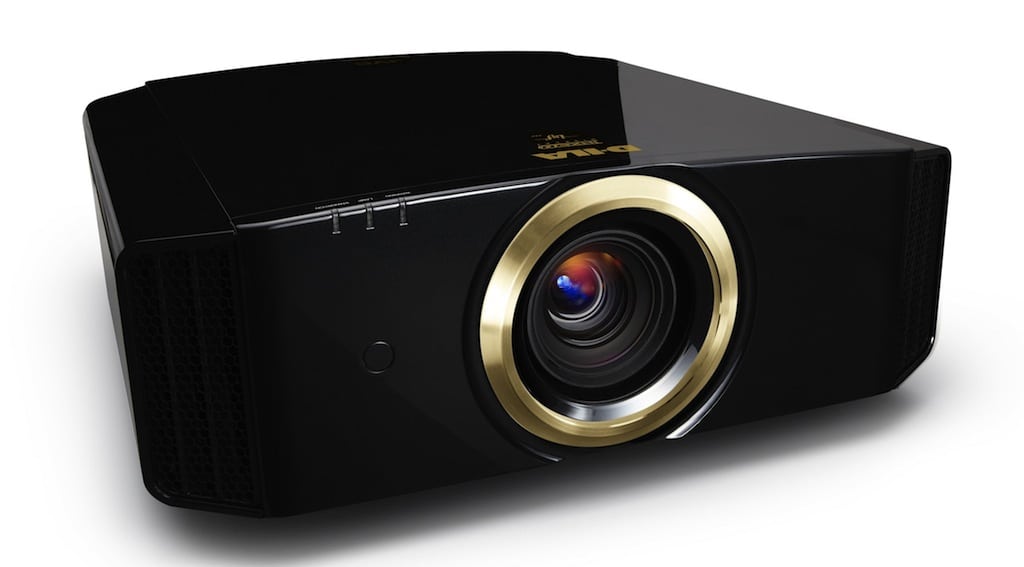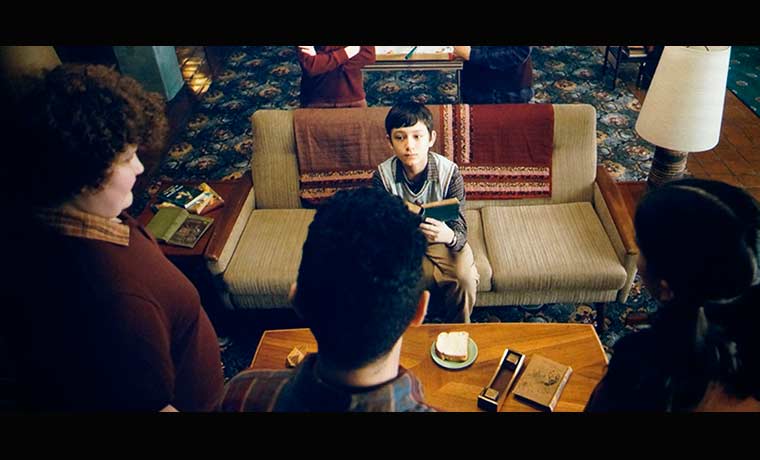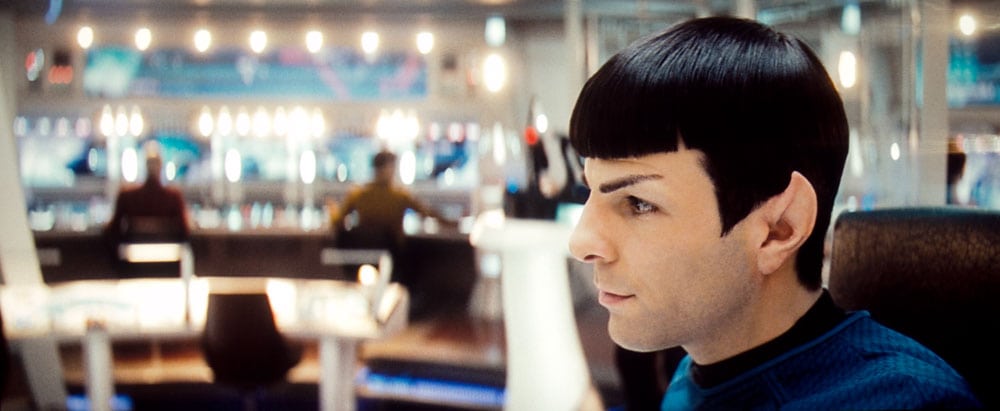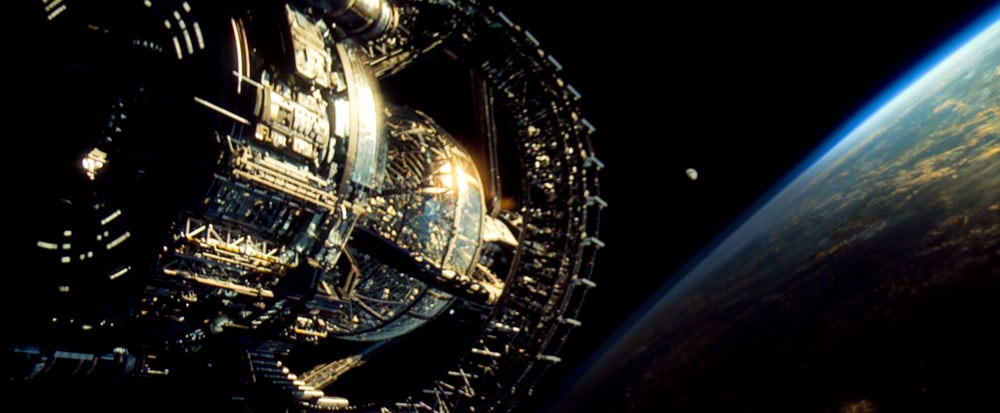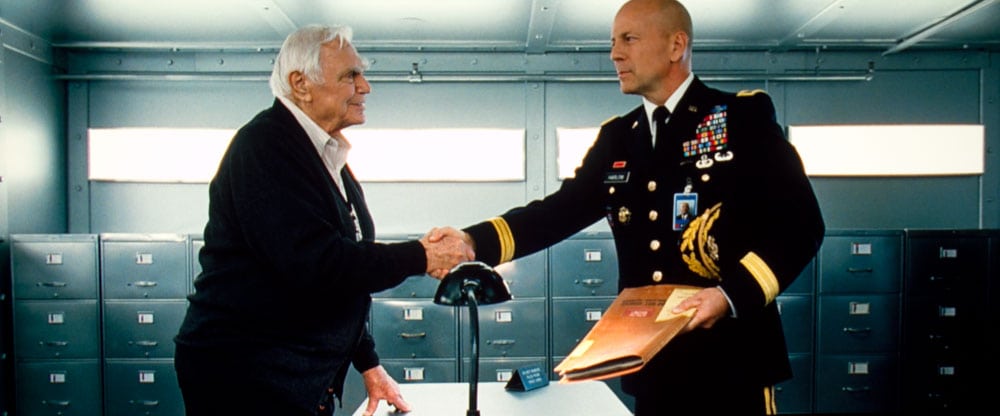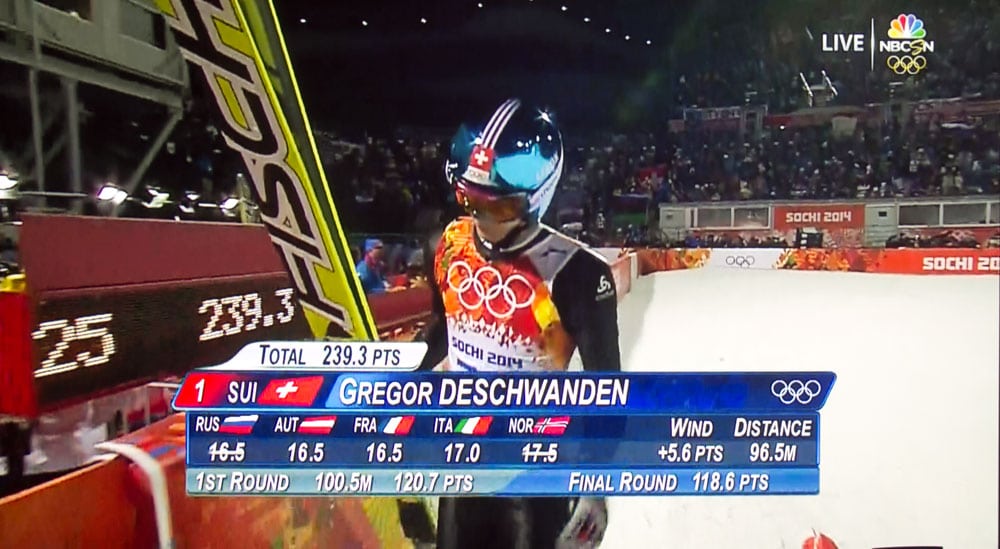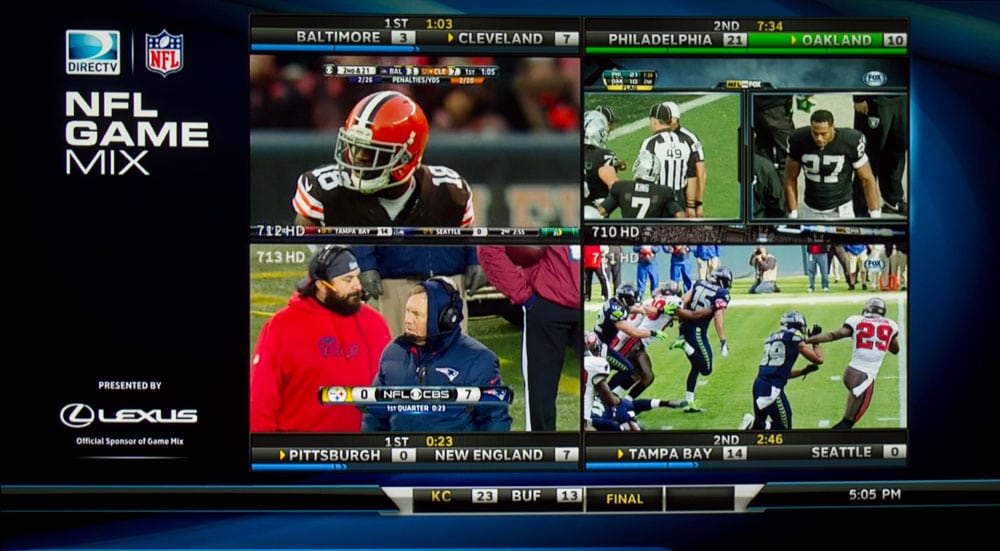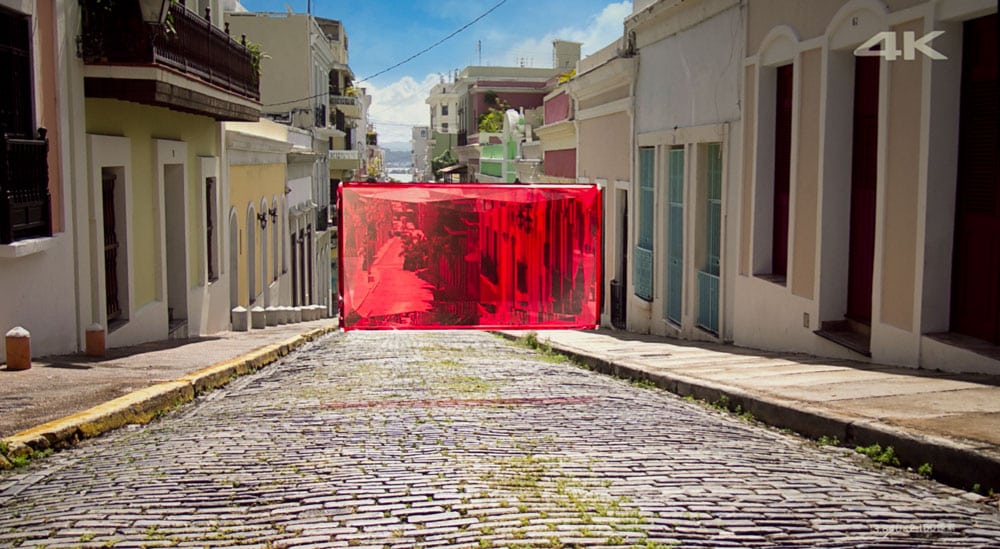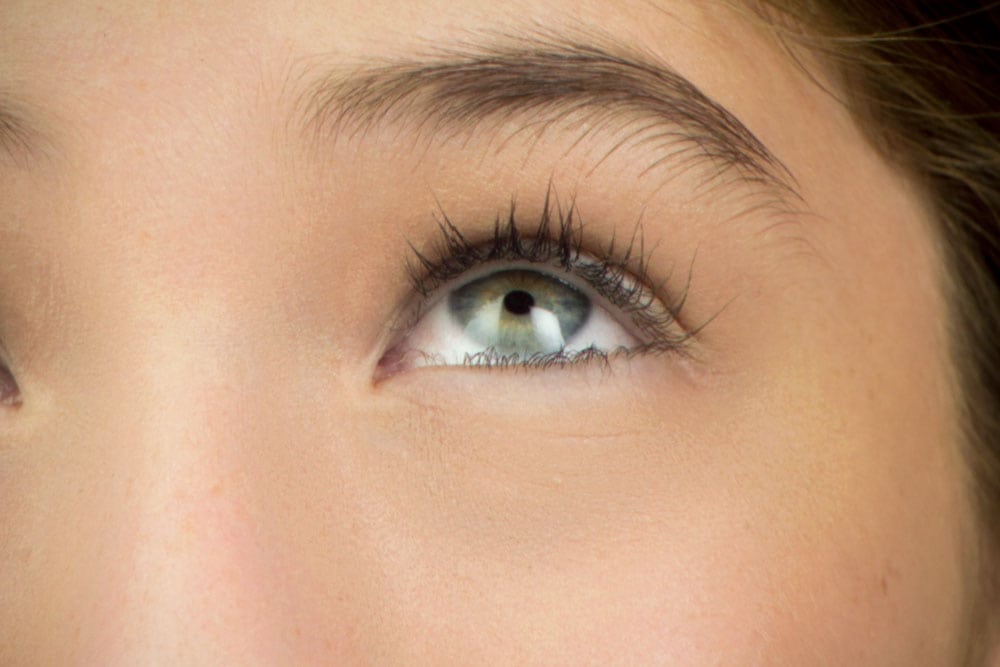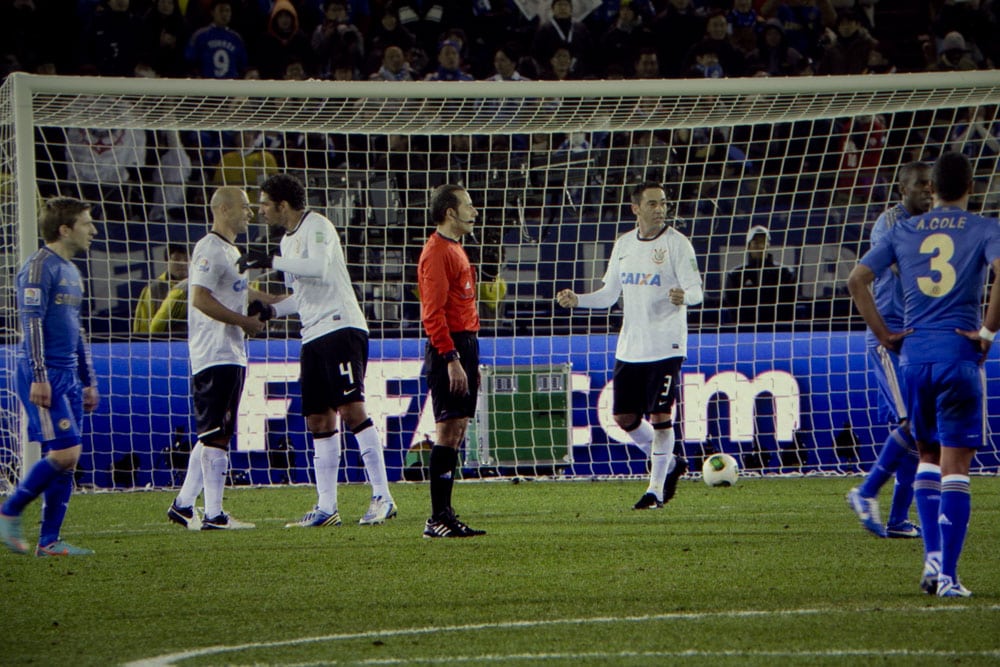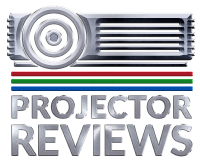JVC DLA-RS49 and RS4910 Overview
Choose the JVC DLA-RS4910 or the virtually identical DLA-RS49, and you'll be selecting an excellent home theater projector. Your first question should be, what's the difference between these two projectors?
They are sold through two different channels by JVC's Pro group. Hardware wise they are virtually identical. The JVC DLA-RS4910 though has two advantages, and a slightly higher price. The RS4910 projector retails for $5199 (in the US), while the RS49 is $4999, the same price as the X500R (which is identical except for trim, from the Consumer division).
For your extra dollars you receive, first and foremost, a third year of parts and labor warranty. That alone should justify the extra price. The other difference is ISF certified. That basically means that there are two extra savable modes, password protected for a ISF calibrator to use and lock in best settings for "day" and "night." The JVC's already have other user modes, so that's not a significant difference to most owners. If you are working with a local dealer that may determine which version you end up with.
Ultimately there should be ZERO difference in performance.
Going forward I'll mostly refer to the projector as the JVC DLA-RS4910, rather than the DLA-RS49, because the RS4910 was the one that I got to review. But again, these two, and the Consumer DLA-X500R will perform identically. In the US, the models are often referred to as the RS4910U, and the RS49U.
The RS4910 uses LCoS technology - 3 panels. JVC calls their proprietary LCoS: D-iLA.
As noted above, the projector claims 1300 lumens. In the past we've criticized some JVC's for measuring far below their claim. Not this time. In the brightest mode (Animation - not your first choice), the RS4910 actually beat claim slightly, but even after the projector was calibrated, it was still over 1200 lumens! Sweet!
JVC has dropped a dynamic iris into the RS4910 and its twins. JVC calls it "Intelligent Lens Aperture", but once you get past the trademark, it's still a dynamic iris.
More important than having fancy names for each feature is what those features bring to the party. JVC is already known and has been for years, for the best native contrast around. In this case, the claim is 60,000:1. With JVC's dynamic iris engaged, they rate their contrast as 600,000:1. Their top of the line projectors at $11,999 claim double that. (A doubling of contrast - all else being equal, is only a slight improvement, keep that in mind, and also that there's no standard for how to measure contrast with a dynamic iris. For that reason we rate projectors' black level performance subjectively - by watching lots of content. On some scenes, one projector may be better than another, but on a different scene the other may be better.
So what else do the RS49 and RS4910 have going for them? A zoom lens with lots of range. Lens Memory for working with Cinemascope wide screens (such as 2.35:1 or 2.4:1, instead of HDTV's 16:9, which is 1.78:1). And of course 4K Eshift3, the latest version of JVC's detail enhancement solution. Let's get this out of the way now. This is not a true 4K projector. Pixel size is the same as any 1080p projector - which is related to the true resolution of 1920x1080. But JVC shifts the optical system to fire each pixel a second time, about 1/3 of a pixel off. That still means the pixels are large. Thus the projector cannot match a true 4K projector, when 4K content is involved. There's a real difference. But, with the least expensive true 4K projector in the US having a list price of $14,999 - virtually 3x the price, all's fair. I fed true 4K content to both this JVC and Sony's $15K VW600ES (VW500ES in the EU… You will be able to see the difference in sharpness and detail between true 4K and Eshift3 "4K".
New for this year, these JVC projectors can accept 4K content. Last year I wouldn't even have been able to input the 4K material I have here on a server into the older RS4810, and the variations of it.

